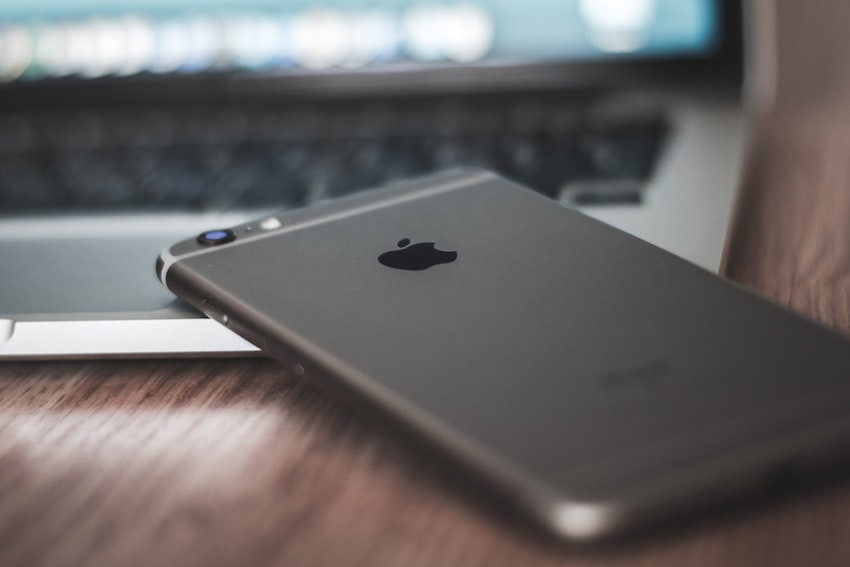The judges annulled a landmark European Commission order that Dublin collect billions of euro in back taxes, in a blow to the European competition commissioner Margrethe Vestager.
In 2016, the European Commission said that a pair of Irish tax rulings amounted to illegal state aid. Brussels ordered Dublin to collect €13bn in back taxes. Both Apple and the Irish government filed appeals before the EU General Court, which were combined into a single procedure. Lawyers for both called the commission’s analysis flawed.
On the Wednesday, the EU General Court agreed and “annul[ed] the contested decision because the commission did not succeed in showing to the requisite legal standard that there was an advantage” under EU law.
The court said the commission incorrectly determined that Apple “had been granted a selective economic advantage and, by extension, state aid.”
Judges agreed with the commission that Irish tax officials did not follow international best practices, such as the OECD’s arm’s length principle. However, the court said the commission “incorrectly concluded” that Apple’s North and South American licensing revenue should have been allocated to its Irish unit.
The court also said that Brussels had not proved that “methodological errors in the contested tax rulings… would have led to a reduction in [Apple]’s chargeable profits in Ireland.” The judges called the tax rulings “incomplete and occasionally inconsistent” but “the defects identified by the commission are not, in themselves, sufficient to prove the existence of an advantage” under EU law. In addition, the commission did not prove that Apple “had been granted a selective advantage” by Irish tax authorities.
“Ireland has always been clear that there was no special treatment provided to the two Apple companies, Ireland’s Department of Finance stated after the judgement was announced. “The correct amount of Irish tax was charged in line with normal Irish taxation rules.”
“This case was not about how much tax we pay, but where we are required to pay it,” Apple said in a statement. “We’re proud to be the largest taxpayer in the world as we know the important role tax payments play in society.”
Following the ruling, Vestager stated: “We will carefully study the judgment and reflect on possible next steps.”
The European Commission has 2 months to lodge an appeal before the European Court of Justice, the EU’s top court.
The joined cases were T-778/16 Ireland v Commission and T-892/16 Apple Sales International and Apple Operations Europe v Commission.
#EUGeneralCourt: images from the delivery of the judgment in the #Ireland v @EU_Commission
and @Apple v @EU_Commission
#TaxRulings cases (T-778/16 & T-892/16) #Apple #EUCommission #StateAid pic.twitter.com/mi2LJABEZD— EU Court of Justice (@EUCourtPress) July 15, 2020
The European Commission won a similar case involving Fiat Chrysler and Luxembourg’s government last year. Fiat Chrysler has appealed the order to pay €30m in back taxes to the ECJ. That case is pending.
